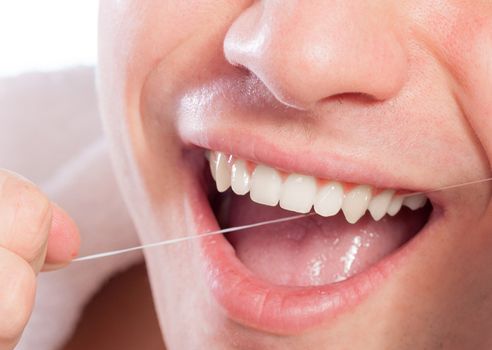Reading time: Just over 1 minute
Writing about science is not easy but at least it’s logical. The main point to understand is the the absence of a study never proves anything….
I was on holiday for much of August so I didn’t have time to weigh in on the dental floss brouhaha when it was at the top of the news. This occurred on Aug. 2/16, when the Associated Press revealed that the US federal government had quietly removed from its dietary guidelines any recommendation for flossing.
This change occurred because the government could not find any research backing up the effectiveness of flossing, as it was required to do for such a public recommendation.
Let me here acknowledge that I don’t care whether or not you use floss. It’s a personal decision, up to you and your dentist.
I do however, believe that writers have an obligation to express scientific findings clearly. And this clarity has been lacking in many of the stories I read. One of the worst stories I spotted, headlined “So Much for Flossing — and for the Tyranny of Expertise” was written by Margaret Wente in the Globe and Mail newspaper. She’s an experienced writer and editor and should have known better.
The heart of the issue, is that reliable studies of flossing have not yet been conducted and indeed may never be. Therefore, we don’t know whether flossing is a waste of time (as Wente claims it is.) Saying that not knowing something is the same as proving the opposite is a bit like casting yourself back to the early 1950s, and claiming that smoking is good for you, because there’s no proof otherwise. (You know how that story ended, right?)
The way science works is that the absence of a study never proves anything. And even one study doesn’t prove much. What we require, is a series of well conducted reliable studies that can demonstrate a trend or a pattern. The best scientific proof is achieved through what’s called a meta-analysis — a statistical analysis of a number of scientific studies addressing the same issue.
Wente concluded: “Don’t let your dentist guilt you out, ever again.” I think she’s misstating the case. Instead, talk to your dentist and figure out what’s best for you.
And, if you’re a writer, learn how to interpret science so you don’t lead your readers in the totally wrong direction.

